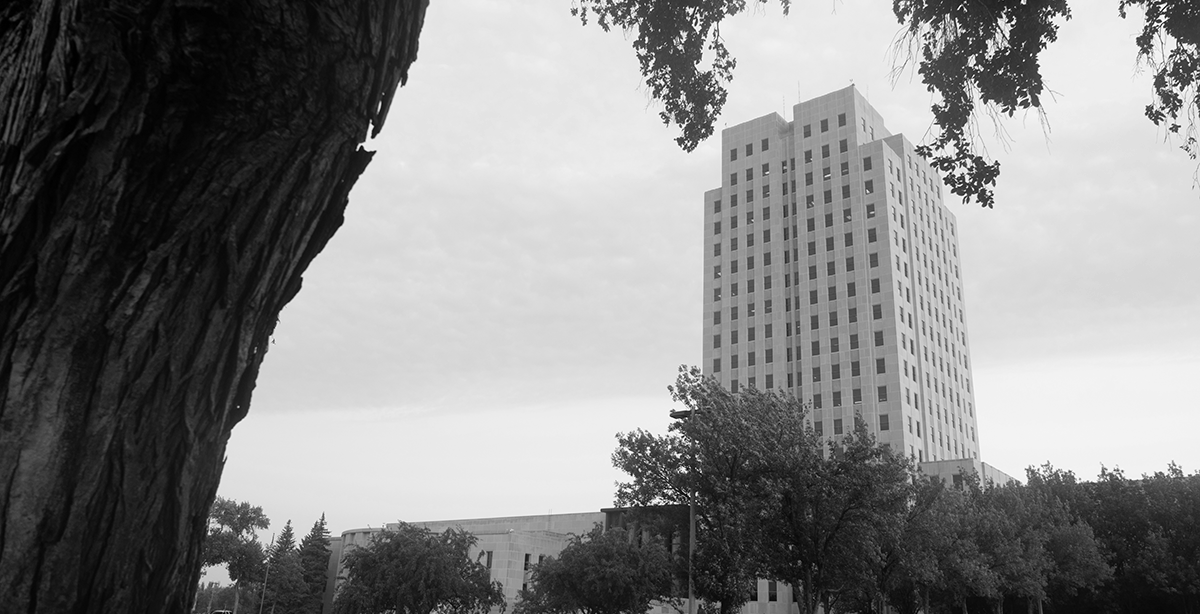North Dakota’s 69th legislative session, which convened on January 7, 2025, and adjourned May 3, was one of notable productivity. Lawmakers introduced over 1,000 bills, and Governor Kelly Armstrong (R), who assumed office shortly before the session began, signed 597. Concerns addressed by the legislature included health care, education, nuclear energy, and government efficiency.
Health care
Initiatives in health care were clear priorities for legislators and the Governor during the 2025 session. Legislators across the aisle voted to ensure North Dakota residents' access to affordable care and insurance coverage.
HB 1114, introduced by the House Government and Veterans Affairs Committee, limits out-of-pocket costs for insured individuals. The bill requires health benefit plans that cover insulin drugs and associated medical supplies to cap out-of-pocket costs at $25 a month. While the bill faced some opposition in the House, it passed the Senate by a large majority. Capitalizing on his commitment to health, the Governor spared no time and signed this bill on the day after he received it.
On the same day, Governor Armstrong signed HB 1473 into law. Sponsored by Representative Jon Nelson, the bill expands access to affordable medication through the federal 340B Drug Pricing Program. HB 1473 accomplishes this through penalizing drug manufacturers that restrict or interfere with the acquisition of a drug by a contract pharmacy. This measure passed both chambers unamended, with majority votes. It is currently being challenged in court.
The governor signed HB 1216 later that month, prohibiting copay accumulator adjustment programs. Effective July 31, 2025, health benefit plans offering prescription drug coverage must include third-party copay assistance when calculating deductibles and out-of-pocket maximums. Through calculation changes, this bill will lower prices for patients. Governor Armstrong ultimately signed the measure on April 29th, though the bill did face opposition throughout its legislative journey.
ND DOGE
On July 30, 2025, North Dakota’s DOGE-adjacent Legislative Task Force on Government Efficiency held its first meeting. The Task Force, established via HB 1442, was introduced during the 69th session by Rep. Nathan Toman (R), who currently serves as its chairman. With the passage of this year's record-high twenty-billion-dollar budget, the committee is uniquely poised to address inflated spending concerns.
Members of the task force include: the director of the Office of Budget Management, the chief operating officer to the governor, two individuals appointed by the governor, and three members of the House and Senate, appointed by their respective majority leaders. The task force will meet quarterly to discuss the efficiency of government agencies, programs, budgets, and laws. Unlike its federal counterpart, the committee may only submit recommended legislation at the end of each calendar year for the following legislative session.
During the meeting, members heard presentations from three departments with particularly large budgets: The Department of Health and Human Services, The Department of Commerce, and The Information Technology Department. Presentations highlighted opportunities to increase efficiencies and private sector partnerships while also instituting cost-saving measures and reducing unnecessary processes and regulations. During the meeting, the lack of consistency in federal reporting requirements and the elimination of bonus pay for legislative employees were discussed.
What's Next:
The North Dakota Legislature is not currently scheduled to reconvene until 2027. However, the 2025 legislative session ended with 6 unused days out of the 80 day session limit. Lawmakers must decide if they call a special session, what topics will be covered.
In May, Governor Armstrong instituted a line-item veto on a section of SB 2014. After the veto was issued, the Governor’s office disclosed an error that accidentally cut 35 million from housing programs. While the legislative branch agreed that the funding should still be allocated, lawmakers are worried this accident could set a bad precedent. North Dakota’s Attorney General and legislative legal counsel are still determining if clarifying the Governor's veto powers is best addressed through the courts, special session, or during the 2027 regular session. Alternatively, some legislators have remarked that the few special session days available would be better spent on other topics.
North Dakota's lengthy interim period will cover a myriad of topics stemming from bills passed during the 2025 session. Priorities include teacher shortages, advanced nuclear power feasibility, prescription drug transparency reporting, property tax relief, and government efficiency.
While the regular legislative session may be finished, a looming special session and active interim period mean policy discussion in the state is far from adjourned.
